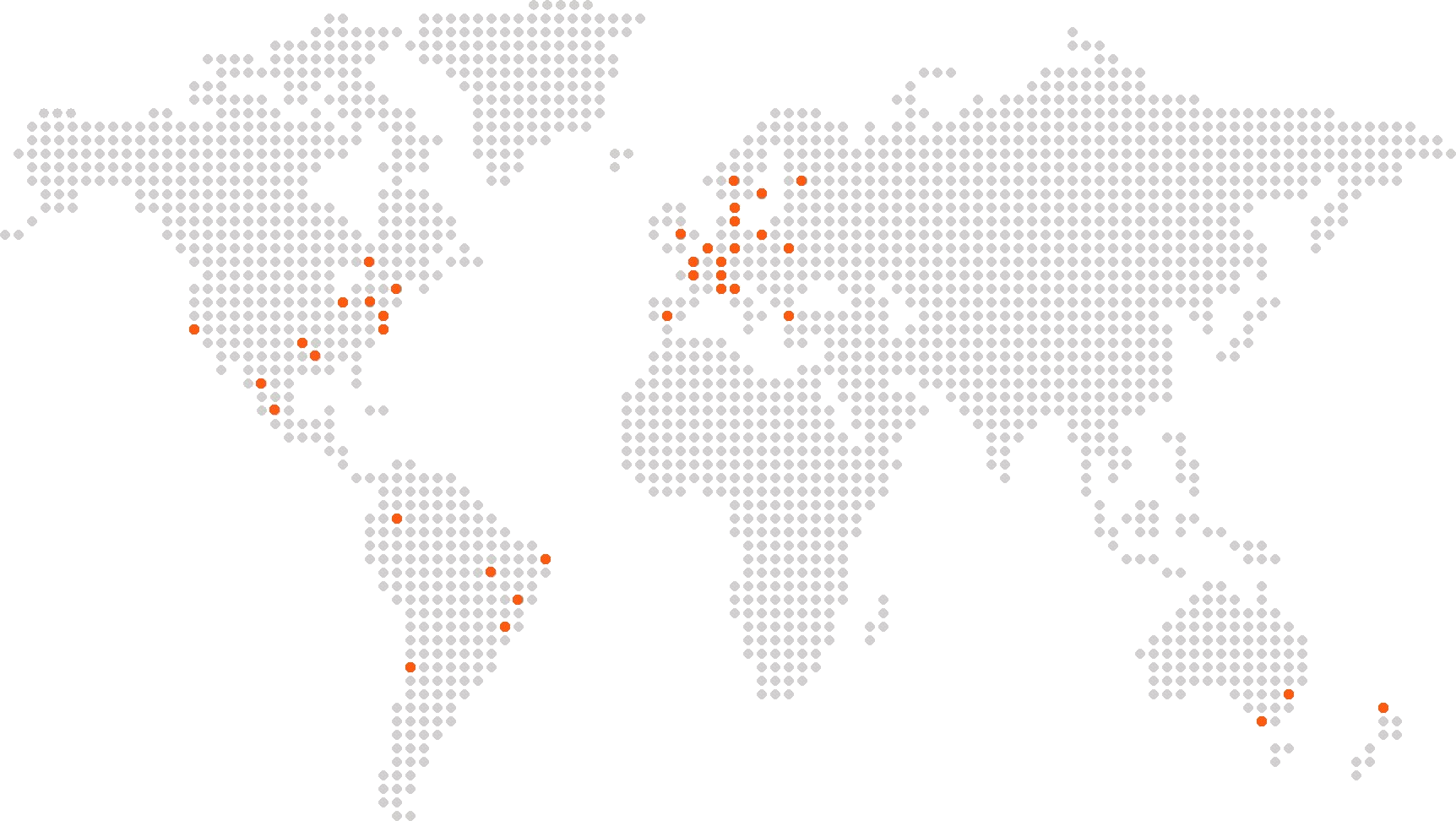By Jose Ruiz | Alder Koten | Originally posted on San Diego Red
The World is Flat by Thomas L. Friedman takes an interesting look at the next level in globalization. Friedman elaborates thoroughly on the globalization forces that are changing the world. He refers to a flat world where forces are empowering more and more individuals today to reach farther, faster, deeper, and cheaper than ever before. “…equalizing power – and equalizing opportunity, by giving so many more people the tools and ability to connect, compete, and collaborate,” says Friedman. “In my view, this flattening of the playing field is the most important thing happening in the world today, and those who get caught up in measuring globalization purely by trade statistics – or as a purely economic phenomenon instead of one that affects everything from individual empowerment to culture to how hierarchical institutions operate – are missing the impact of this change.”
Every morning when I wake-up my iPhone greets me with over 20 emails from people in other time zones -The real kind, not the offers to help Mr. Mobatu recover money from an overseas bank account. As I was sleeping last night I received an email from a colleague in our London office recommending an individual in Qatar for a position in Latin America for company operating out of Houston but with corporate offices in London. The gentleman is from Argentina, educated in the US and living in the Middle East. This is not the exception for what I get to see on a daily basis; this is the norm.
My next email was from a programmer who lives in Indore, the largest city, and the commercial capital of the Madhya Pradesh state in India. He is helping me with a weekend project and had some screen shots that he wanted me to review. I also had two emails from our firm’s Knowledge Management Center in New Delhi. They are helping us with a market study for Latin America and had put together an excellent report.
All of this happens because, as Friedman pointed out, the world is now flat. While the legislators in the United States were busy debating how to stop the flow of talent into the country to protect jobs, the jobs went out. However, that is in the past now. I am very curious to see how they will address the current phenomenon. Maybe they will be smart enough to realize they cannot address much. Many jobs are now where people with the right level of expertise at the right price are. That is the competitive world of today.
Last week I met with a CEO and his executive team in the meeting room of a hotel in Houston to discuss strategy for Mexico. I was naive enough to ask if we should meet in their corporate office.
The CEO proudly pointed out that the corporate office was where the executive team would happen to be at the time. He lives in Detroit, others in Minneapolis, New York, Dallas, and Houston. They meet every quarter at a different operating site. This is not a dot-com. It is not even a technology company. It is as old-school as you can get: secondary steel processing private company that started in the Midwest 45 years ago.
Notice that I am not implying the world is going virtual and that everything is happening through the internet. It is a big part of the change, but this is not THE change. The team I just described works with the raw material you can touch flowing in from Russia, Mexico, and the US. They process it in union factories in different countries. I am talking about the world that is disregarding regions and borders and only looking at language, distance and time as an inconvenience. Not a barrier.
I know that many of you might be thinking that this does not apply to you, and this is not a reflection of your field, industry, region, or town.
If you feel your world has not changed, odds are it has, but you just have not noticed or paid attention.
The competition for your job, or the job you want, is intense and is not always direct. The playing field is leveled. My client in Houston will want to speak to the gentleman in Argentina, who works in Qatar because he clearly understands a global business culture, knows their industry and has experience in Latin America. I hired the programmer in Indore because he had substantial expertise on the platform I am working with at a very reasonable price. The CEO I spoke to last week hired his VP of Sales because he had a broad knowledge of engineering related to his product.
Ask yourself these questions: The current job is mine because_________? I will get hired for the job I want because__________?
Now, as you respond to these keep in mind the answer cannot be vague or general, and it has to come in the context of why an organization will choose you over someone else. It is about your competitive advantage. You are a product competing in a global market. Why are you better than the rest? How do you maintain that edge? Who can replace you? What can make you irrelevant?
About Alder Koten
Alder Koten helps shape organizations through a combination of research, executive search, cultural & leadership assessment, and other talent advisory services. Our recruiters and executive search consultants bring to the recruiting process an in-depth understanding of the market conditions and strategic talent issues faced by clients within their particular industry. Our leadership consultants provide advisory services that are crafted to be collaborative, responsive, pragmatic, and results oriented. Focused on expanding the capabilities of the organization through talent.






